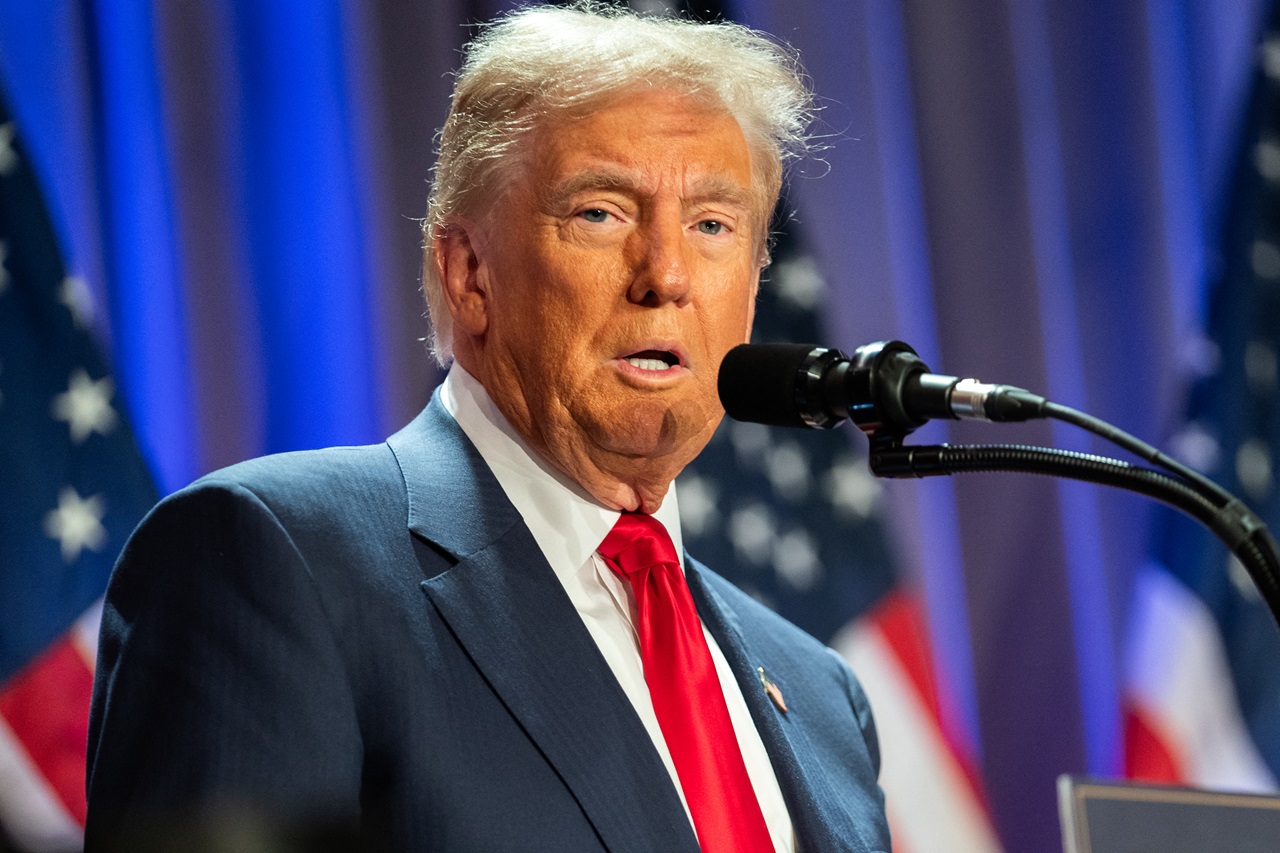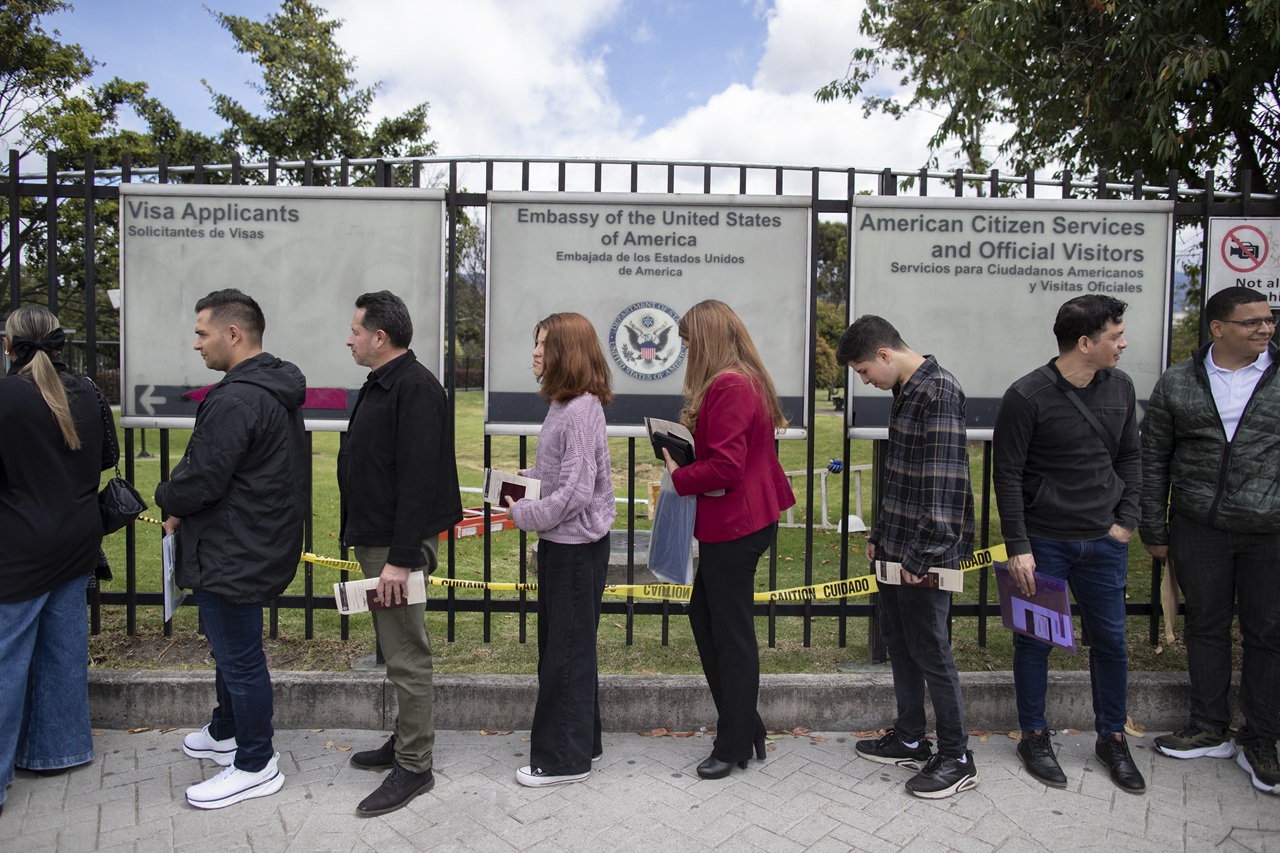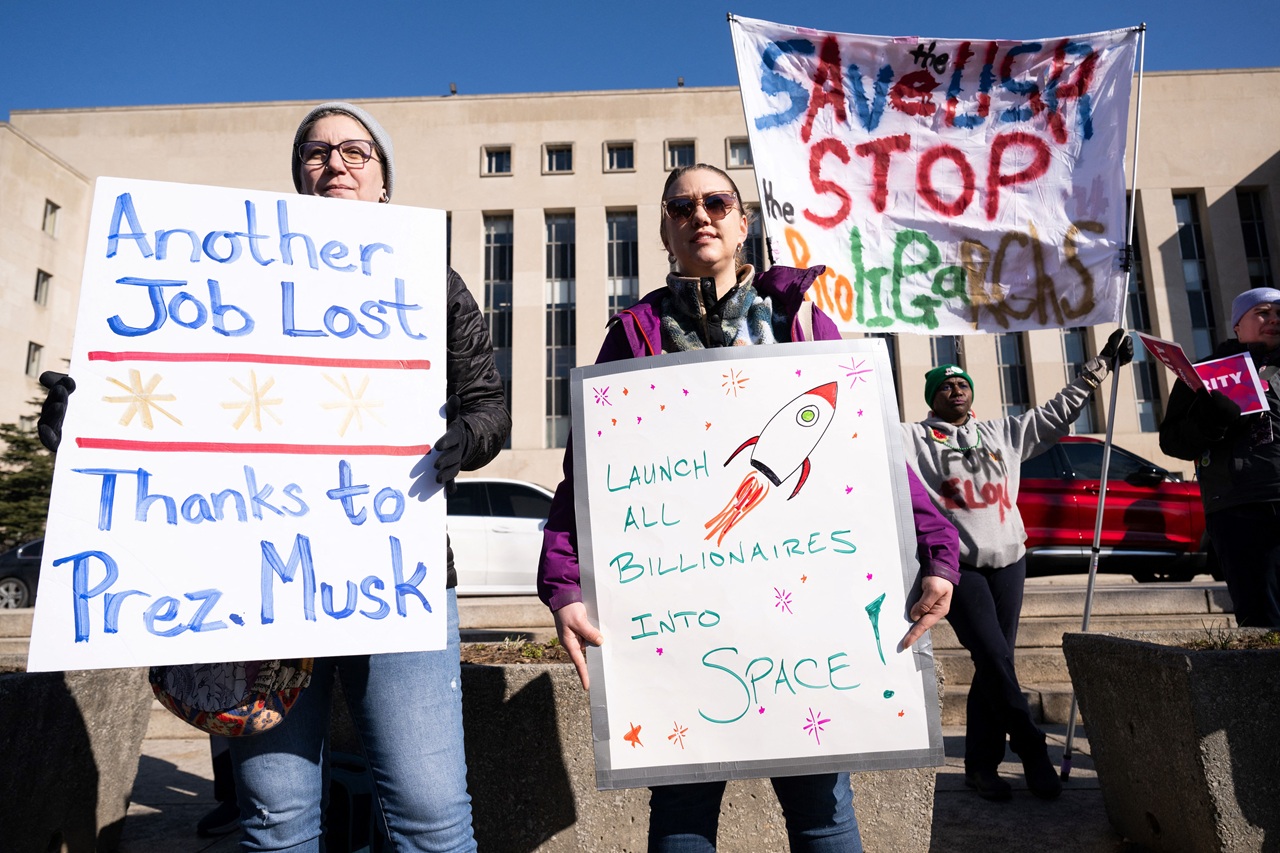
AMLO gets his wish, Mexico’s Senate approves overhaul of the country’s electoral system
The measure pushed by AMLO was approved Wednesday, Feb. 23, triggering a wave of protests to come & criticism towards his attempt to diminish its autonomy.
A complete reform and overhaul of Mexico’s electoral institute is likely incoming after the country’s Senate voted and approved a controversial measure, “Plan B,” on Wednesday, Feb. 23.
In a 72-50 vote, it’s a move many critics say will undermine and weaken democracy despite one of the main supporters of the measure, President Andrés Manuel López Obrador, saying it’ll save money — upwards of over $150 million — and reduce political privileges.
Mexico has a presidential election in the upcoming year.
Following news of the vote, critics said they will challenge the changes in the Supreme Court with protests already planned in multiple cities across North America’s third-largest country.
The measure will significantly decrease salaries for staffers, funding for local election offices as well as training for Mexican citizens who are in charge of polling stations. It’ll also cut down on sanctions for candidates who fail to report campaign spending.
AMLO said last December that he wants to make the bureaucracy leaner.
“The electoral system will be improved,” AMLO said. “They are going to shrink some areas so that more can be done with less.”
López Obrador said he expects court challenges to the bill, like those that have previously been filed against many of his administration’s reforms.
“All of this is part of normal politics in a democracy,” López Obrador said, adding that he believed the measure should survive constitutional challenges because none of it was “outside the law.”
All that is left to do is for AMLO to officially enact it, which should not be much of an issue since he is one of the principal supporters of the measure that will reduce the size of the institute and cut its supervisory and sanctioning abilities.
Opposition lawmakers were seen holding posters that read: “Morena wants to steal the elections,” in reference to López Obrador’s party.
Known as “Plan B,” the measure was proposed by AMLO last December after not getting enough votes in Congress for a constitutional reform that held even larger electoral changes.
AMLO has spent the last few months trying to convince the people of the measure, saying that it looks to cut the National Electoral Institute’s huge budget and end its privileges.
The President and his supporters have not been the biggest fans of the country’s electoral institute since 2006, when he was within 0.56% of the vote of winning the presidency and called his loss fraudulent.
Even when the same institute confirmed his landslide victory in 2018, AMLO has always denounced it and specifically complained of the costliness to run elections in Mexico and looked for a way to decrease its budget.
Many Mexican citizens look at the electoral institute as an important aspect of the country’s modern-day democracy. This is especially after 71 years of single-party rule, when a breakthrough came in 2000.
Lorenzo Córdova, the institute’s leader, has become a target of attack for AMLO for defending the institute and called the reforms a threat to Mexico’s democracy.
RELATED CONTENT
After Wednesday’s vote, the institute tweeted that the reform “puts at risk the equity and transparency of the elections” by undermining the sanctions they can apply to candidates that break campaign finance rules.
The changes have also alarmed a former politician who worked under AMLO.
“What’s at play is whether we’re going to have a country with democratic institutions and the rule of law,” said Jorge Alcocer Villanueva, who served in the interior ministry under López Obrador. “What’s at risk is whether the vote will be respected.”
The President’s spokesman has only further defended the measure to the press.
“We were looking to save money, without affecting the work of the I.N.E.,” Jesús Ramírez Cuevas, the president’s spokesman, said in an interview, using an acronym for the watchdog. The president has a “zero deficit” policy of austerity, he said, and would prefer to spend public money on “social investments, in health, education, and infrastructure.”
As for Córdova’s outward critiques of the President, some in Mexico question his willingness to do so.
“He shouldn’t respond to the president so viscerally and with so much anger,” said Luis Carlos Ugalde, who led the agency from 2003 to 2007. “It generates a stronger desire from the other side, from Morena, to attack and destroy the institute.”
Córdova defended himself, saying “It’s very easy to judge from the outside.”
“It’s been me who’s had to lead this institution in the worst moment,” he added.
Córdova’s time will come to an end in April followed by Congress, controlled by Morena party, will elect four new members to the watchdog’s governing body.











LEAVE A COMMENT: